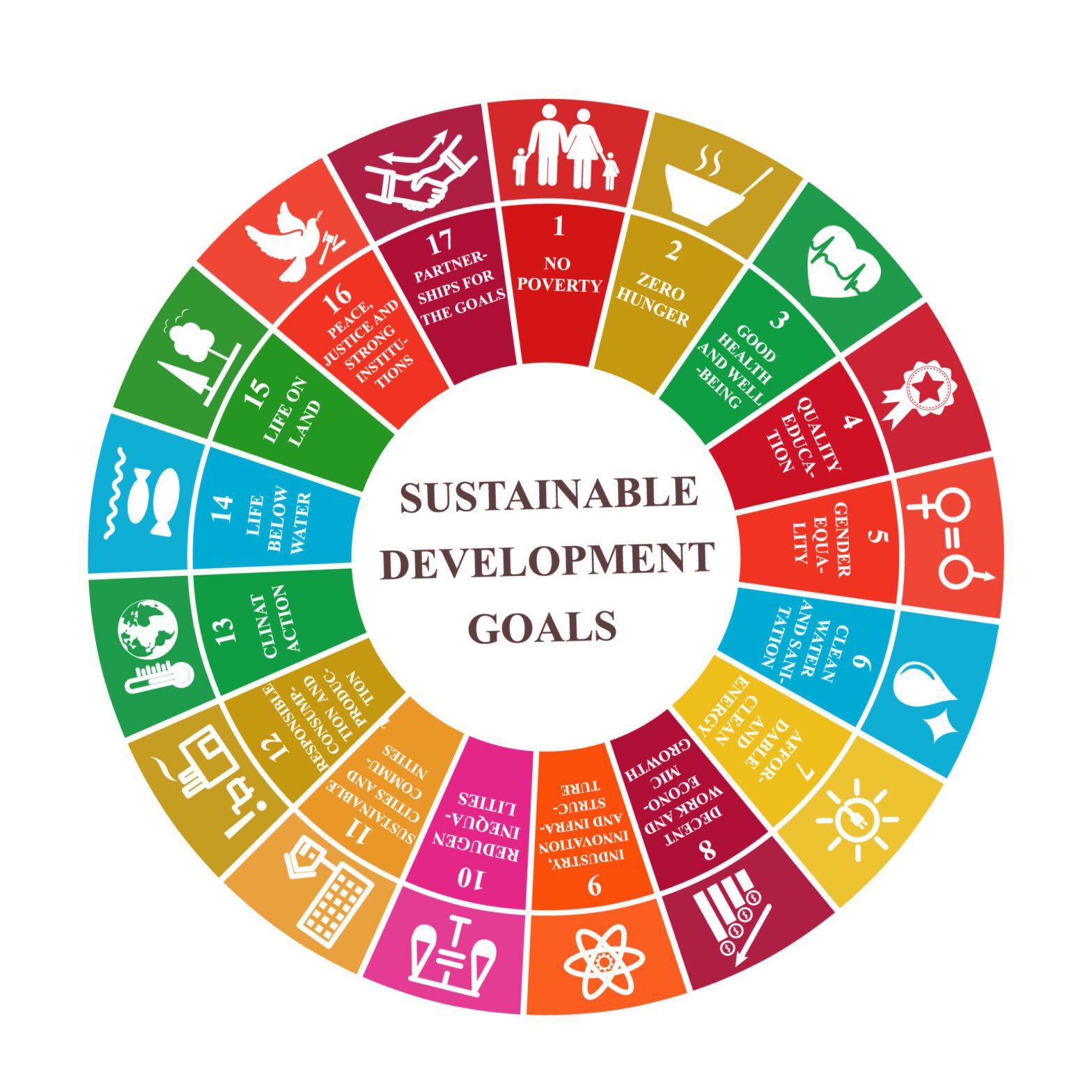BMO Global Asset Management has exclusively shared with ESG Clarity the engagement progress of its BMO SDG Engagement Global Equity Fund in its first year since inception, including advanced development of climate strategies and improved corporate governance within the portfolio holdings.
The fund, which was launched March 1, 2019, and has grown to $612 million in that time, is focused on investing in global small- and mid-size companies and sits alongside the group’s other responsible global equity products (the Responsible Global Equity fund and the Sustainable Opportunities Global Equity Fund), but it focuses on opportunities for engagement linked to the UN’s Sustainable Development Goals (SDGs). This framework of targets was designed by the UN to shape the world’s approach to growth and sustainable development until 2030.
[See more: New tool to evaluate firms on UN sustainable development goals]
Jamie Jenkins, co-head of global equities at BMO GAM, explained: “We wanted to launch a fund that was closer to impact investment with active ownership. We were approached by a large European wealth group to co-create an SDG-linked product.
“For us, the SDGs are the nearest thing we currently have to a common global language. It’s a great positive that they are explained in plain English and mean something to the man and woman on the street.
“Our ambition is not only to deliver attractive investment returns but to demonstrate positive progress towards achieving SDG targets.”
In its first engagement report summarizing the fund’s progress through March 2020, the management team carried out 151 engagements with companies across 18 countries, meaning that 96% of holdings in the portfolio were engaged.
The engagement report said: “Having already assessed applicable SDG targets for engagement with a given company, preceding investment we communicate these to the companies within the portfolio, setting out our expectation for open dialogue with them. In March 2020, a year since inception of the portfolio, we then asked the companies in the fund about the impact of our interactions with them, as we are committed to ever improving the attributable nature of our engagement.”
It recorded 19 milestones in the past 12 months, defined as “significant progress made by a company against goals set by the fund,” and in line with BMO GAM’s priority engagement focus for 2020, the majority of the fund’s engagement to date has linked to climate change.
For example, 21% of milestones have linked to SDG 13 on climate action with “positive advancement of the development and implementation of climate strategies within the companies it holds” and 37% of milestones link to SDG 12 on responsible consumption and production, relating to the general sustainability of companies.
The group highlighted the Thai bank Kasikornbank, which strengthened its ESG criteria in lending and also performed climate scenario analysis, the Japanese electro-optics, ophthalmic and medical device equipment maker Hoya, and the US healthcare provider ICON. The fund has also driven environmental improvements to packaging with examples being at Kerry Group and Smurfit Kappa Group.
Emma Lupton, vice president in the responsible investment team at BMO GAM who works closely with the management team on the fund, explained it is not just the high level areas of the SDGs that are explored, but also the underlying targets of each goal, and additional company actions can be linked to many numbers of SDGs.
Specifically, she told ESG Clarity, they have carried out a lot of work on packaging and companies’ usage of single-use plastic, which fits into SDG 12, and how firms are managing their recycling, but this can also link relate to SDG 14 life below water, reducing pollution of the ocean.








